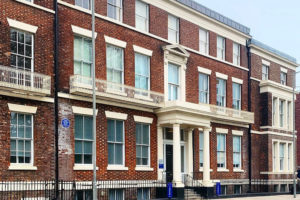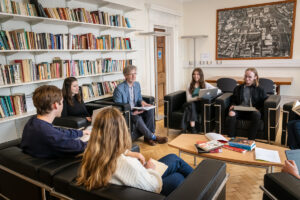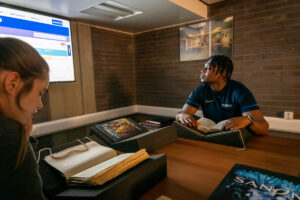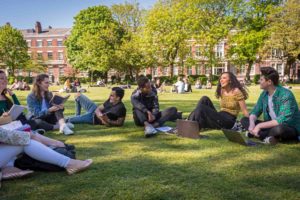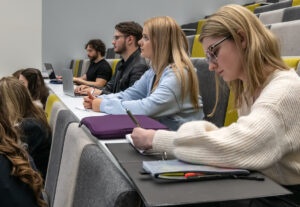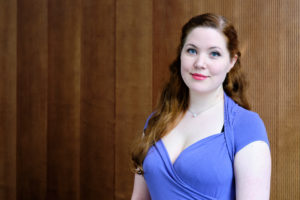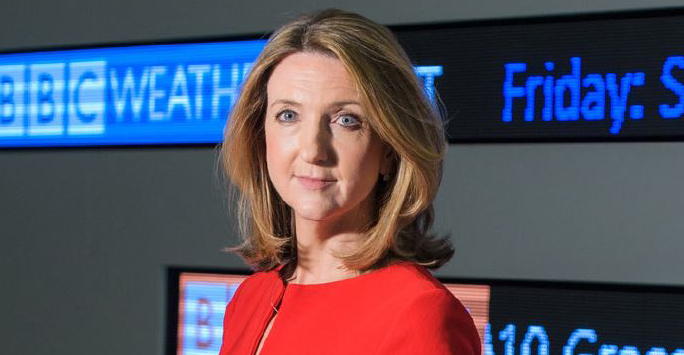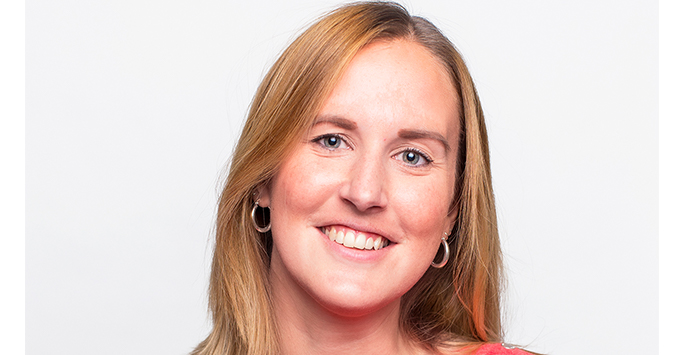How you'll learn
You will experience a mix of lectures, seminars, workshops and tutorials, with no modules being taught entirely through lectures. Alongside independent study and research, some modules require timetabled student group work. We provide an online programme of study skills to help with the necessary standards of referencing and presentation in written work. Tutorials allow for discussion of key readings, concepts and ideas, typically in groups of up to nine students.
Seminar groups are larger, but do not normally exceed 18; they usually last for between one and a half to two hours. Workshops are similar in size but have a more distinct practical element (eg in drama or language modules). In addition, in your second and final years, you will participate to a greater or lesser extent in a range of other formative activities: seminar presentations, creative writing and peer teaching.
How you're assessed
The main modes of assessment are through a combination of essay and examination, but depending on the modules taken you may encounter project work, presentations (individual or group), and portfolios of creative work or specific tests focused on editing, translation or etymological tasks.
Liverpool Hallmarks
We have a distinctive approach to education, the Liverpool Curriculum Framework, which focuses on research-connected teaching, active learning, and authentic assessment to ensure our students graduate as digitally fluent and confident global citizens.
The Liverpool Curriculum framework sets out our distinctive approach to education. Our teaching staff support our students to develop academic knowledge, skills, and understanding alongside our graduate attributes:
- Digital fluency
- Confidence
- Global citizenship
Our curriculum is characterised by the three Liverpool Hallmarks:
- Research-connected teaching
- Active learning
- Authentic assessment
All this is underpinned by our core value of inclusivity and commitment to providing a curriculum that is accessible to all students.
